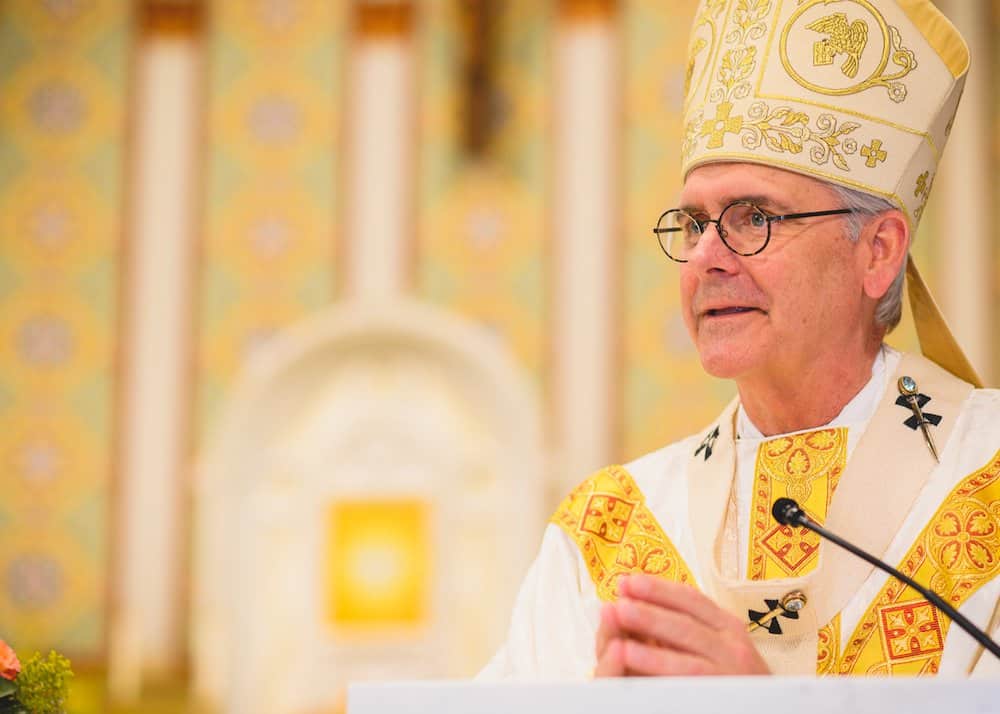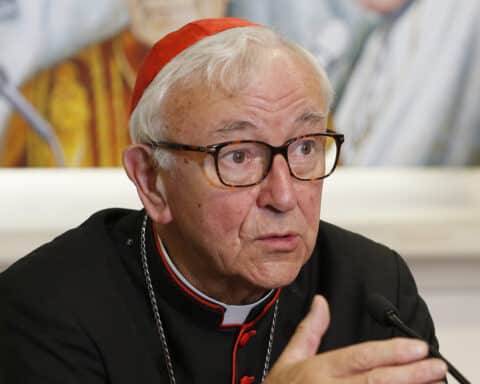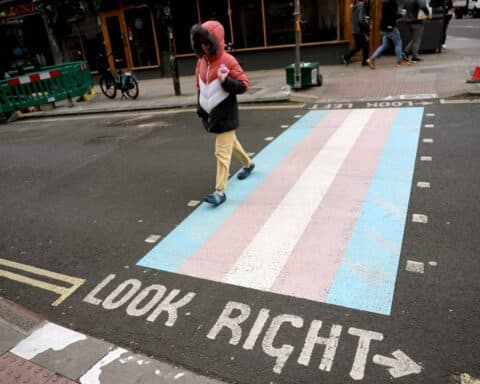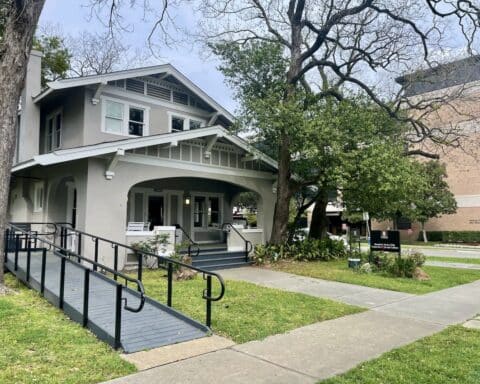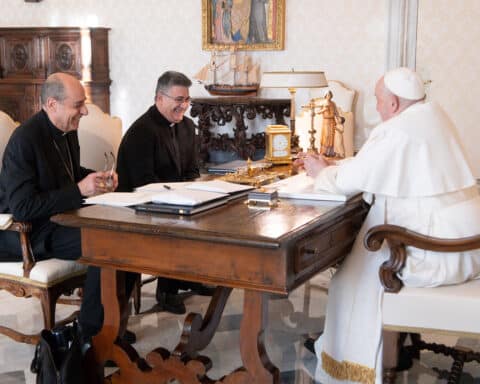Archbishop Paul S. Coakley of Oklahoma City has written an official pastoral letter for the people of his archdiocese about gender dysphoria, to use the scientific term, or changing sexual identity.
It is safe to say that his letter, and its analysis of Catholic doctrine in very controversial considerations, will provoke opposition, probably loud, and likely, and sadly, given the times, rude. Even Catholics will challenge its points, arguing, for example, that its deductions are stretched, that it ignores popular theories, or that Archbishop Coakley should keep his opinions to himself.
Indeed, it may displease people in Oklahoma, a state usually known for its conservative religious and political leanings, although just as the archbishop’s letter coincidentally was made public, a bill, passed by Oklahoma’s legislature and soon signed into law by the governor, limiting medical procedures that change gender, neared enactment.
Archbishop Coakley presented this letter in his capacity as chief pastor of the Church in that part of Oklahoma and as a bishop of the universal Catholic Church, with all the serious responsibilities involved, in full communion with the bishop of Rome.
The archbishop’s letter looks at a real and much debated question in modern Western life carefully and studiously, but explicitly through the prism of Christian belief and Catholic teaching, as he interprets such teaching. He met his obligation to give to the people whom he was sent to teach his honest, deliberate and prayerful thinking on a matter of consequence.
If the letter creates discussion, if people study it well, calmed and inspired by prayer, and with open minds acknowledging God, it is most valuable. Always, in everything, humans need for good judgment the revelation of God, as understood by the Church.
Often, American Catholics have found themselves amid differences, raging differences, bitter differences at times, in this society, such as the rights of workers, the legitimacy of labor unions, collective bargaining, wages, working conditions and benefits for employees, the use of liquor, the availability of divorce, communism, Medicare, systemic poverty, nuclear weapons and immigration from abroad.
Catholic authorities in this country firmly spoke in favor of civil and human rights for African Americans.
Legal abortion came into conversation in the 1960s. The U.S. Supreme Court legalized abortion with its Roe v. Wade ruling in 1972. The Catholic bishops in this country, strongly supported by successive popes, boldly and publicly opposed abortion on demand. On all these occasions, many Americans, often of goodwill, trying to form their own opinions, weaving through many arguments, wondered how precisely the Church formed its teaching.
They ask the question still. Mass communications have long been quickly available and extensive. Catholic teachings are readily at hand for anyone who takes the time to research them in a range of media, but people said, and say, these teachings are unclear.
Others insisted that when Church leaders talk about workers’ strikes, or poverty, or war, they go too far.
The archbishop explained his conclusions, as he saw the logic, and he implied that nothing in life is too far away for the application of Christian principles, be it a spouse’s resolution to honor marriage vows, shoplifting a mobile phone or one nation’s invasion of another.
As for gender preference, or gender dysphoria, again to employ the clinical term, anywhere, beyond Oklahoma, implications are widespread, affecting Catholics with policies in schools and organizations, let alone relationships, marriages and even applications to seminaries.
Revelation is revelation, but the archbishop beautifully urged everyone to love each other and to love those who, for reasons deep within themselves, cannot accept in peace the sexual identity of their birth. People deserve peace of heart.
Our society has too much mean-spiritedness and hatred. The archbishop counseled love without qualification, but that we look to the Lord for guidance, and for peace, in everything.
Msgr. Owen F. Campion is OSV’s chaplain.

